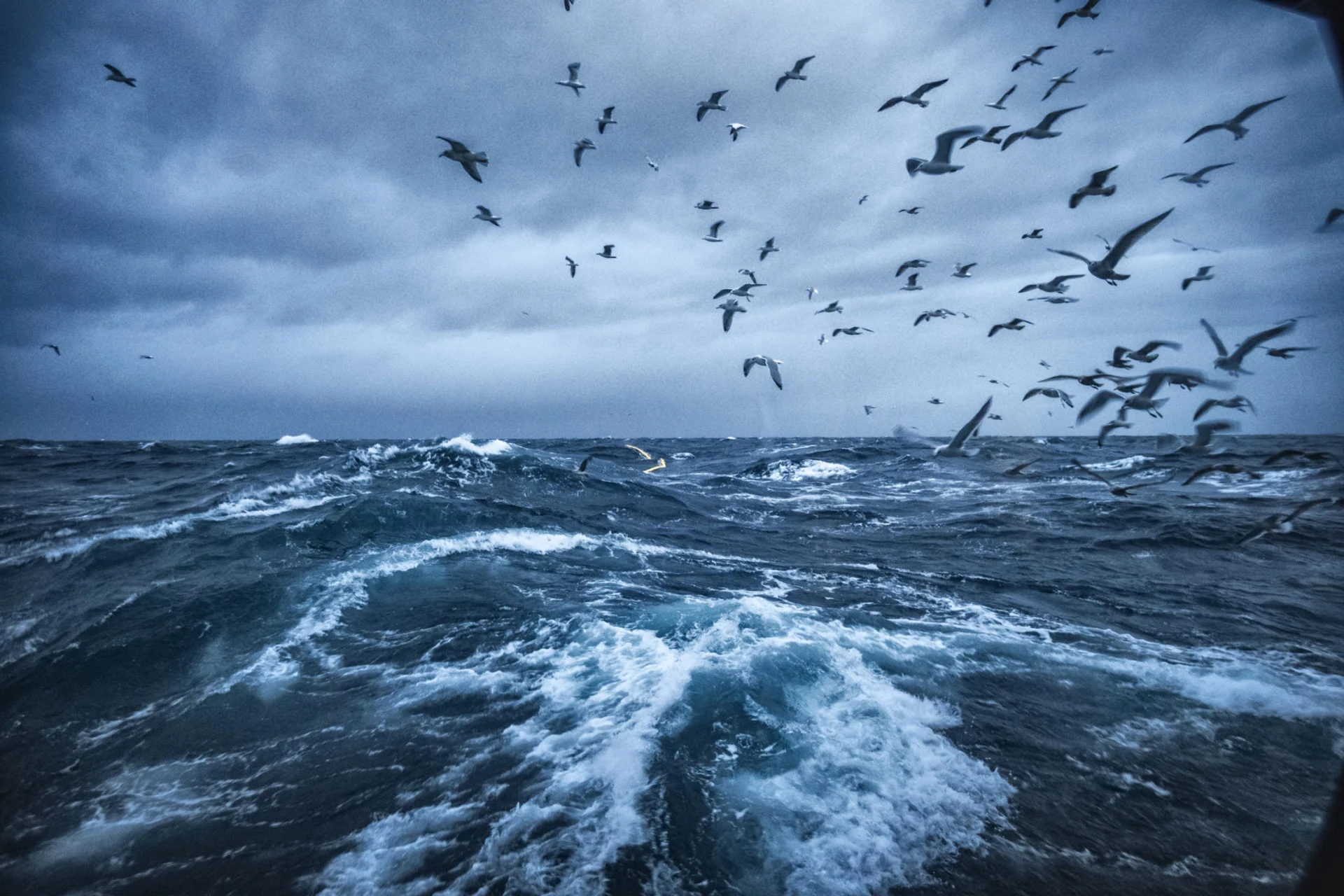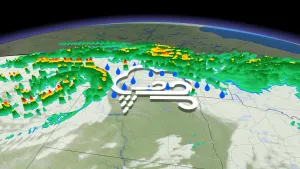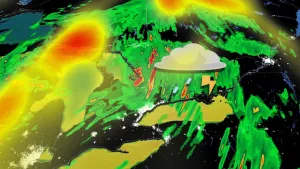
Bad space weather seems to send migrating birds off course
This study emphasizes the importance of recognizing animals' unique sensory abilities, like birds' sensitivity to magnetic fields.
The solar storms that brighten the skies with auroras may also impact bird migration.
Nocturnal migratory birds appear to be less likely to move around during space weather events that disrupt Earth's magnetic field, which is an important navigational tool for many avian species.
Ben Winger, an ornithologist at the University of Michigan, led a study focusing on nighttime migrators, including warblers, thrushes, and sparrows. By analyzing radar stations employed for weather forecasting over a 23-year period, the team found a 9-17 per cent reduction in the number of migrating birds in spring and fall during space weather events.
“Our findings highlight how animal decisions are dependent on environmental conditions—including those that we as humans cannot perceive, such as geomagnetic disturbances—and that these behaviours influence population-level patterns of animal movement,” said study lead author Eric Gulson-Castillo, a doctoral student in the U-M Department of Ecology and Evolutionary Biology, in a statement.
Birds that decided to migrate anyway had more trouble doing so, especially during the autumn on overcast nights.
The study unveiled that migratory birds are more likely to follow the wind's direction when geomagnetic disturbances occur in the autumn, rather than expending energy to combat crosswinds.
Researchers observed a 25 per cent reduction in "effort flying" under cloudy skies during fall solar storms, suggesting a combination of obscured skyward cues and disruptions in the Earth's magnetic field might impede the birds' navigation.
"In light of our findings, it appears that fewer birds embark on migration during intense geomagnetic disturbances, and migratory birds might encounter heightened navigational challenges, particularly in cloudy autumn conditions," Gulson-Castillo said.
This study emphasizes the importance of recognizing animals' unique sensory abilities, like birds' sensitivity to magnetic fields. It highlights the interconnectedness of Earth and space, challenging the assumption that space events are irrelevant to our planet.
RELATED: Can migrating birds sense oncoming storms?
Header image: File photo courtesy of Getty Images.










